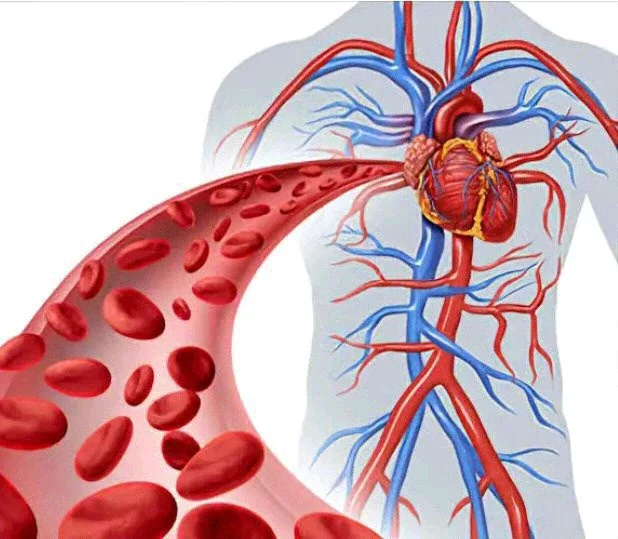
While vitamins are essential for our well-being, they must be taken in appropriate amounts to maintain a balanced and healthy lifestyle. Relying on multivitamins as a substitute for a healthy diet can create a false sense of security.
While they can be a useful complement to your diet, they should not replace a well-rounded and nutritious eating plan. Here are six side effects of consuming excess multivitamins.
Digestive issues
Overloading your body with multivitamins can lead to digestive problems. High doses of certain vitamins and minerals, particularly iron and zinc, can cause gastrointestinal discomfort, including nausea, diarrhea, and stomach cramps.
Kidney stones
Excessive consumption of vitamins like vitamin C or D can increase the risk of kidney stones. These painful mineral deposits in the kidneys can form due to an accumulation of calcium or other minerals.
Interference with medications
Some vitamins and minerals can interact with medications you might be taking. For example, vitamin K can interfere with blood thinners, while calcium can affect the absorption of certain antibiotics. It's important to consult with a healthcare professional to avoid such interactions.
May lead hypervitaminosis
Hypervitaminosis refers to the condition of having too much of a specific vitamin in your system. This can lead to various health issues, depending on the vitamin involved. For example, excessive vitamin B6 can cause neurological symptoms like numbness and tingling.

















Comments